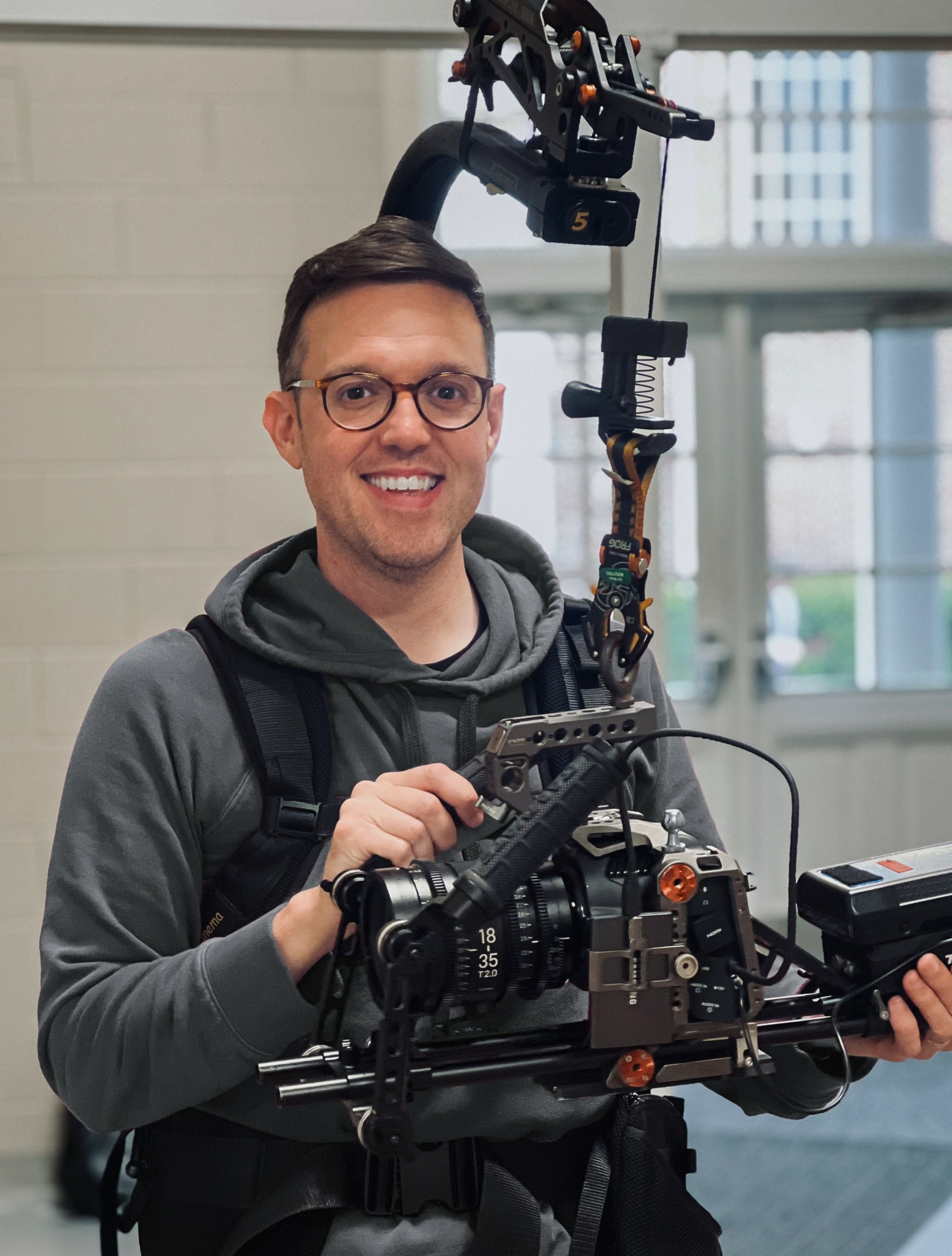We’re excited to introduce you to the always interesting and insightful Ryan Olsen. We hope you’ll enjoy our conversation with Ryan below.
Ryan, thanks for joining us, excited to have you contributing your stories and insights. Have you ever had an amazing boss, mentor or leader leading you? Can you us a story or anecdote that helps illustrate why this person was such a great leader and the impact they had on you or their team?
I used to work as a director of video productions at the corporate office for a large, regional home builder when I lived in the South. I reported directly to the Marketing Director, who was my boss and whose office was right next to mine. She was kind, thoughtful, patient, and most of all, she trusted me. In this day and age, that goes a long way. We mutually respected one another. I respected her tenure and knowledge in the marketing field, and she respected my process and the effort it took to create well-performing videos for their company. I was tasked with creating two to three five-minute videos a week, and briefly, one sixty-second video every day for 60 days.
Despite what may seem like high demands for output, she and later the higher-ups understood that if a video had any chance of performing well on their socials, there needed to be a clear process to achieve those goals. I told her that steps in the creation process such as ideation, researching the subject material, scheduling shoot dates with teams and customers, storyboarding, creative execution, directing and filming, recording proper audio, and editing everything together with graphics would yield significantly better results than simply going out to shoot homes. She stood up for me when the higher-ups didn’t initially understand why just showing up to shoot wouldn’t work. My experience may have been very different there if she hadn’t done that.
I remember we had a conversation about how most of the videos on their socials needed to educate landowners and potential customers so they would feel informed and confident enough to hire our services as a home builder. I told her we were not making videos just to entertain like MrBeast, Dude Perfect, or PewDiePie, who were frequently referenced by the higher-ups. Instead, we were building an audience of supporters, fans, and appreciators of our craft and our company’s mission. I told her we were asking people to spend their life savings with us, not by making goofy, fun videos, but by educating them about our values, practices, and mission.
In one year, we had increased video views by 84%, impressions by 130%, subscriber base by 165%, and total watch time by 86%. She had all the qualities of a boss, but she also encouraged me to pursue bold ideas, improve the videos, and cheered me on when the numbers on their channel began to rise. She supported my efforts, had honest conversations with me when videos didn’t perform, and praised me often. She is probably the reason I still think that was the best job I’ve ever had because she respected me and respected my process.
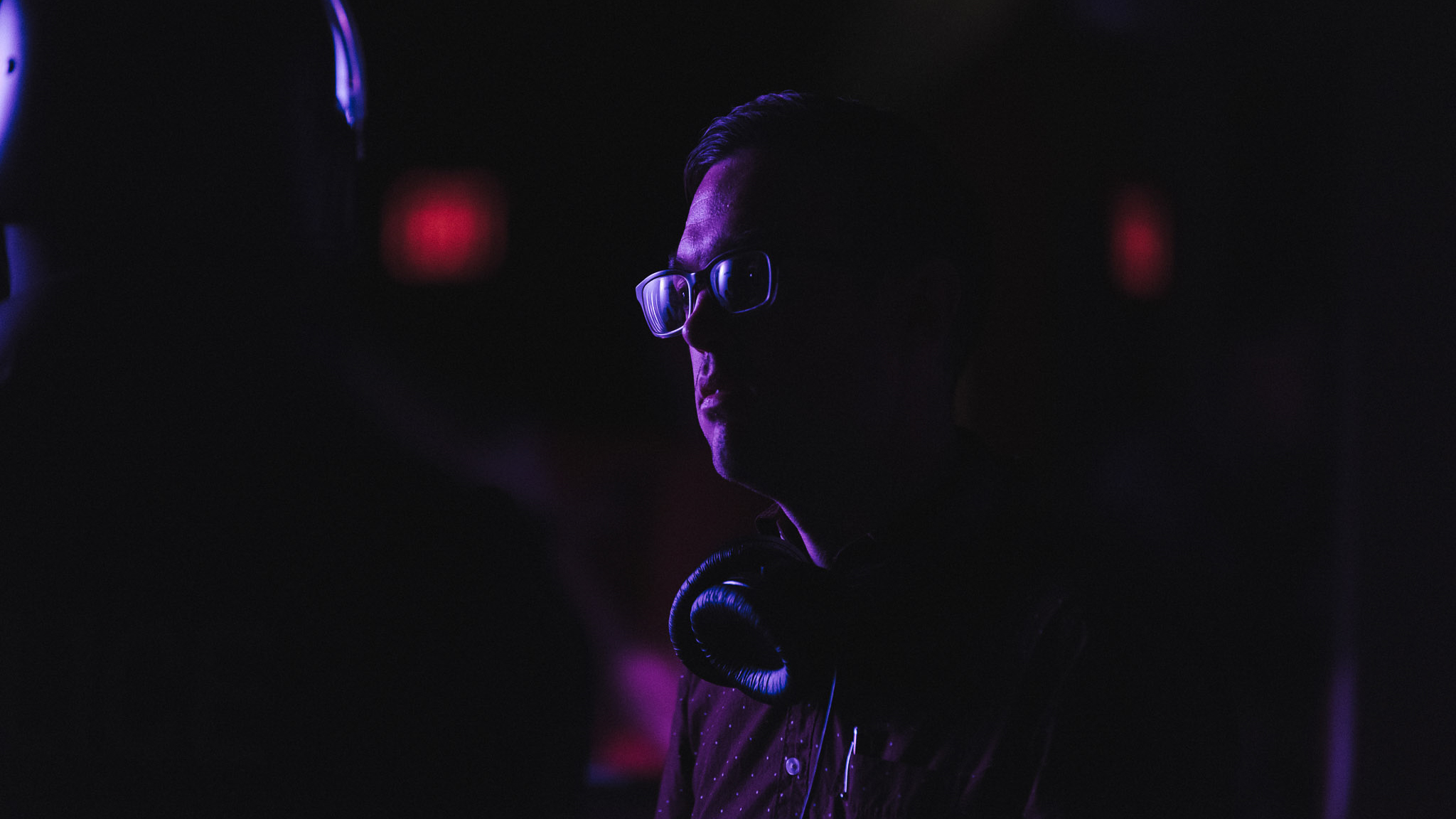
Awesome – so before we get into the rest of our questions, can you briefly introduce yourself to our readers.
I think it all started when I watched those Godzilla movies growing up in the 90s. You know, the guy in the monster suit stomping on toy tanks, showing up late at night on cable channels like TNT and Sci-Fi, now SyFy. Those videos made an impression. As a kid, I was thrilled by the scale created by Toho Ltd. films, as well as movies like Star Wars later on. Something about the size of those monsters and the scale of the screen really motivated me to make videos of my own.
Luckily, in second grade, my closest friend Michael and his family got a camera. We used their VHS camcorder to record ourselves doing everything—playing with toys, acting like Indiana Jones, running around the yard pretending to be monsters, and even attempting claymation. One night, we made a claymation of Godzilla, sculpted from green Play-Doh, destroying paper cities with blue fire breath, which was actually silly string. I remember finishing the film and showing it to our parents. They loved it. “You may make films later,” they said as they clapped. That line became the catalyst for me entering this field.
I continued making fun little films from elementary school through high school and later went to the University of Nebraska–Lincoln for a degree in film studies. I shot videos for the theater I worked at, then produced a statewide PSA on the dangers of texting and driving, which led to a job at an ad agency. Jobs came and went, but I kept making commercials on the side and eventually got my first short film, Say Goodbye, Grace, funded through Kickstarter.
Flash forward to today. I own a small, well-performing video production company called The Cinemaship, based in Saint Louis, Missouri. I’ve traveled across the United States shooting videos for small businesses, creating documentaries about the humanities, scouring the Appalachian Mountains for rattlesnakes, which is some of my proudest work, and producing brand videos for recognizable names.
In short, The Cinemaship blends creative storytelling, polished cinematography, and strategic thinking to produce videos that not only look amazing but also help brands connect with their audiences and achieve real-world results. We offer commercial and branded content, corporate and institutional videos, and documentary and mission-driven storytelling.
The Cinemaship solves a range of problems for businesses, schools, and mission-driven organizations that need more than just video. They need video that works. Many brands settle for generic content that fails to leave a lasting impression. We address this by crafting story-driven, cinematic videos that combine action, emotion, and humor to create memorable experiences. For clients frustrated with low engagement or poor ROI, we ensure every project is shaped by audience insights, client feedback, and clear goals, resulting in content that looks great and performs.
Production can often feel chaotic or overwhelming, but I pride myself on bringing structure, professionalism, and a clear process that keeps everything on track. For organizations with complex missions or educational goals, we turn abstract ideas into emotionally compelling visuals that inform and connect. While many production companies simply point and shoot, I focus on bringing real creative vision and cinematic polish to every project. I usually direct my own sets and work as a cinematographer on other people’s jobs.
I’ve always loved the creative side of this field and what I do, even though it requires long days, long nights, and a lot of hard work.
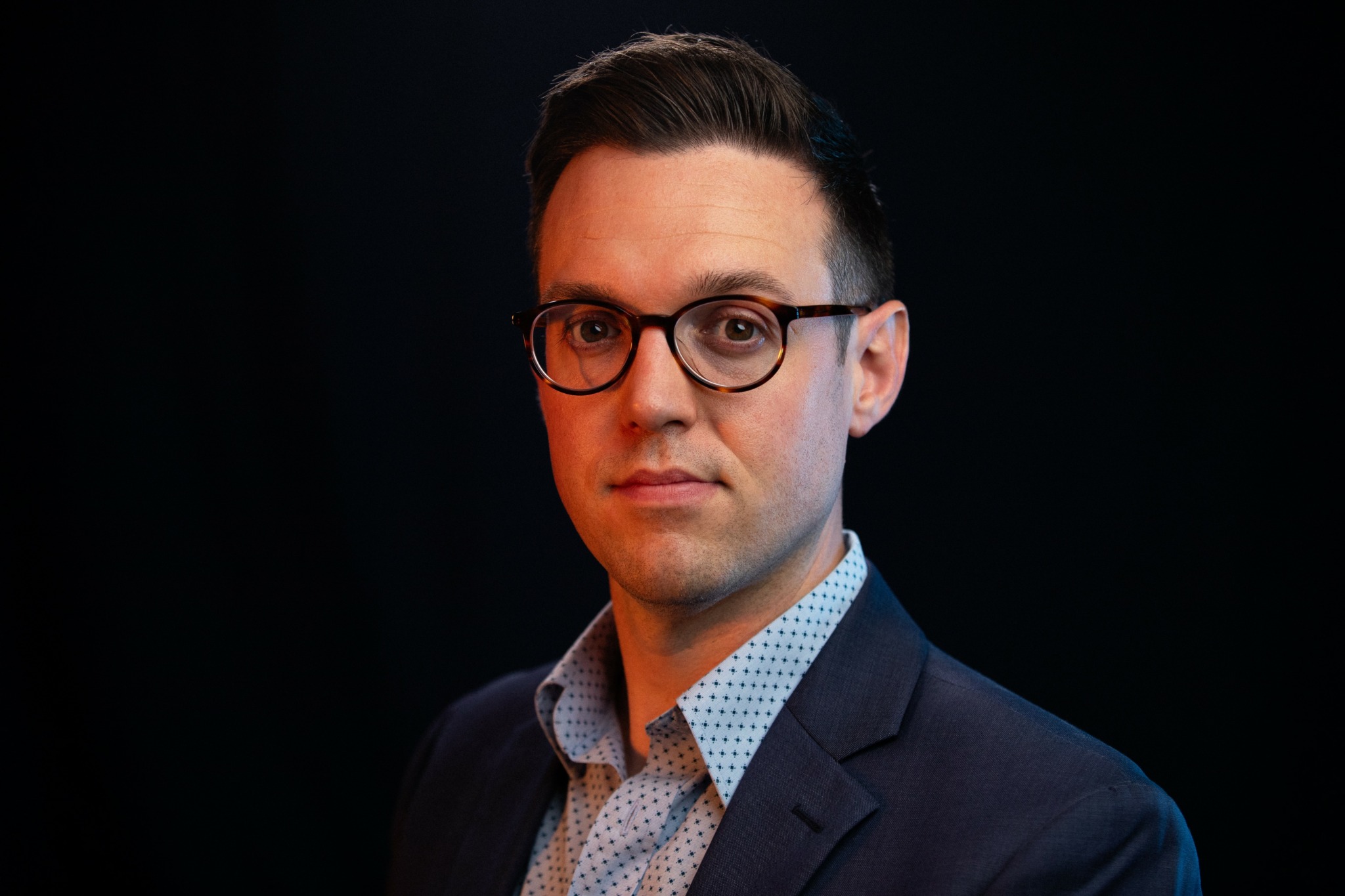
Where do you think you get most of your clients from?
I have had a lot of recent success in word of mouth, and surprisingly, cold outreach. I have people in this field talk me up and tell producers to hire me which tells me that I’m doing something right! And then also, I love to approach new people, and engage in cold outreach like cold emails, cold DMs, and cold calls. Of course, if someone reaches out to me, the process of working with them is a lot easier.
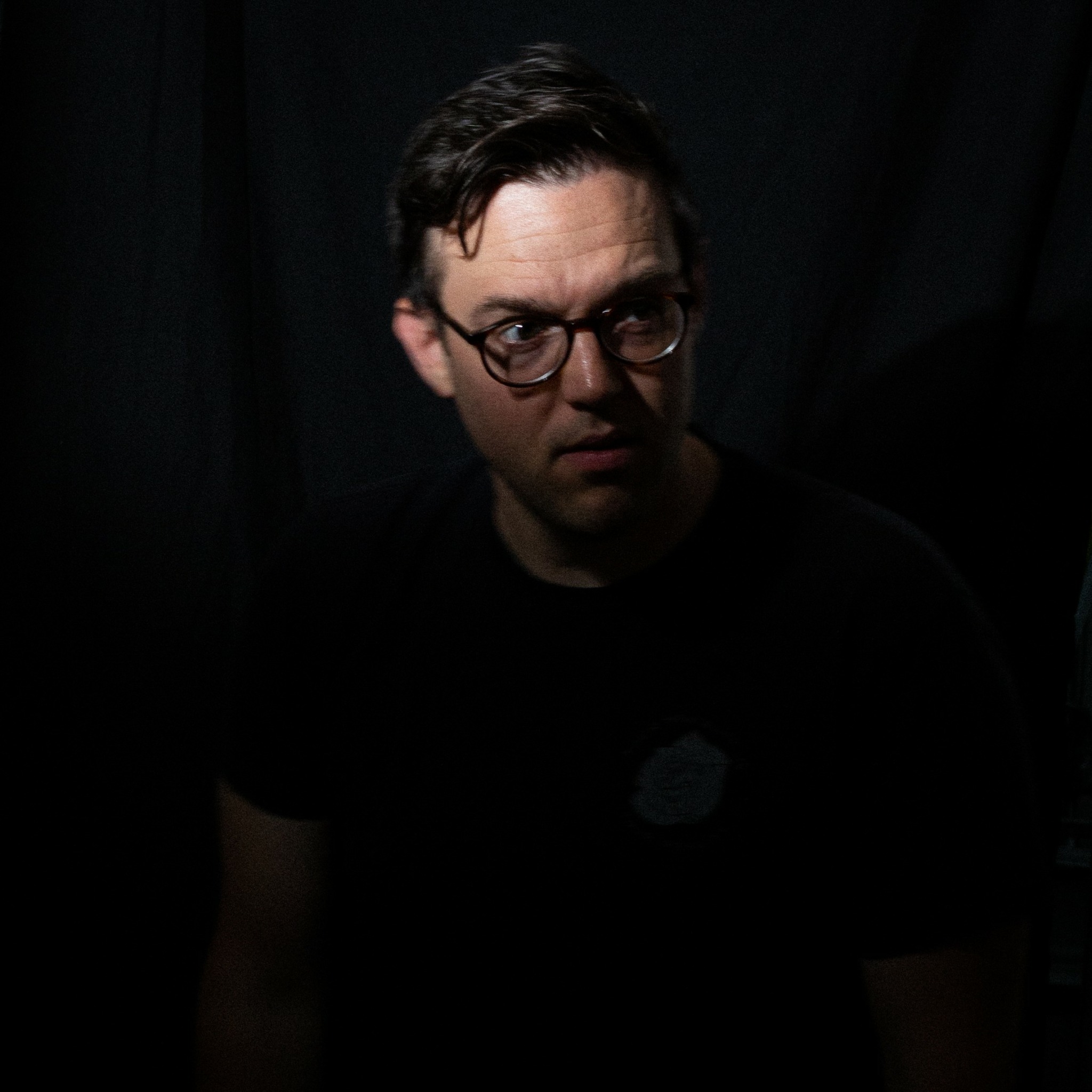
How’d you build such a strong reputation within your market?
I think the ability to solve problems while still delivering what the business, clients, and producers want creatively, especially when the original plan falls apart, is incredibly valuable in this field. No one wants to hear, “No,” on set, or, “We can’t do that,” or, “That’s not going to happen.” I’ve always aimed to give the person who hired me everything they want. If there’s something I truly can’t do, I bring up the issue but immediately offer an alternative and execute it as closely as possible to the original concept. I like to think of myself during pre-production and on set as similar to Genie from Disney’s Aladdin. I want to give the client everything they ask for, to the best of my abilities, and that takes planning and knowing how to pivot when things change.
We all want to make the video exactly as we imagine it, with striking color contrast, perfect performances, and precise technical execution, but I think a lot of inexperienced creatives expect the shoot to go perfectly. It almost never does. With so many people on set, tightly coordinated schedules, and so much gear involved, something is bound to go off-plan, and you have to be ready for that.
A quote that sticks with me is from Benjamin Franklin: “If you fail to plan, you are planning to fail.”
Contact Info:
- Website: https://www.thecinemaship.com/
- Instagram: https://www.instagram.com/thisartistinprogress/
- Linkedin: https://www.linkedin.com/in/ryan-n-olsen/
- Other: https://vimeo.com/ryanolsen
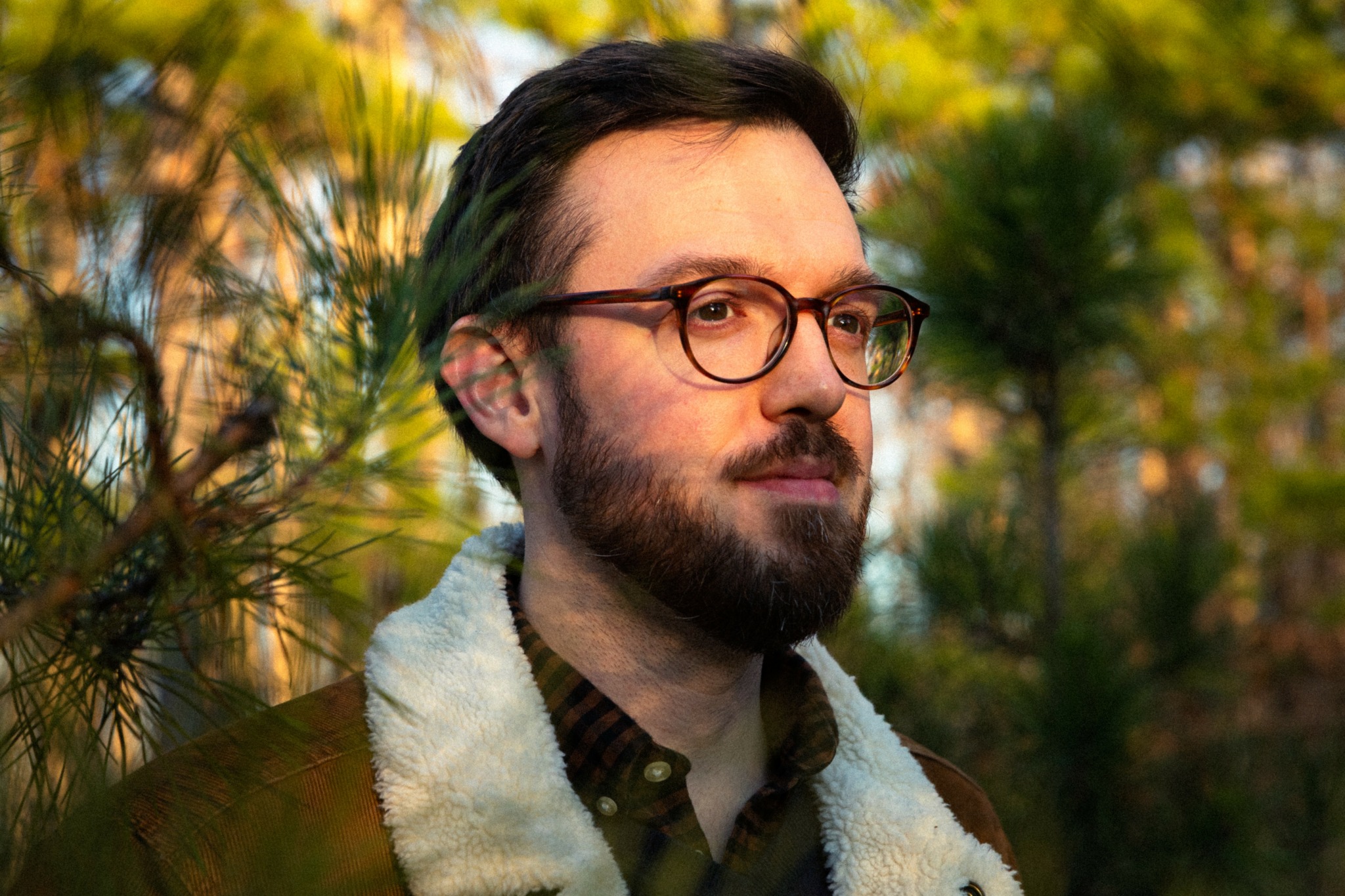
Image Credits
Jon Bass, Peter Barnes, and Kami Ahrens


